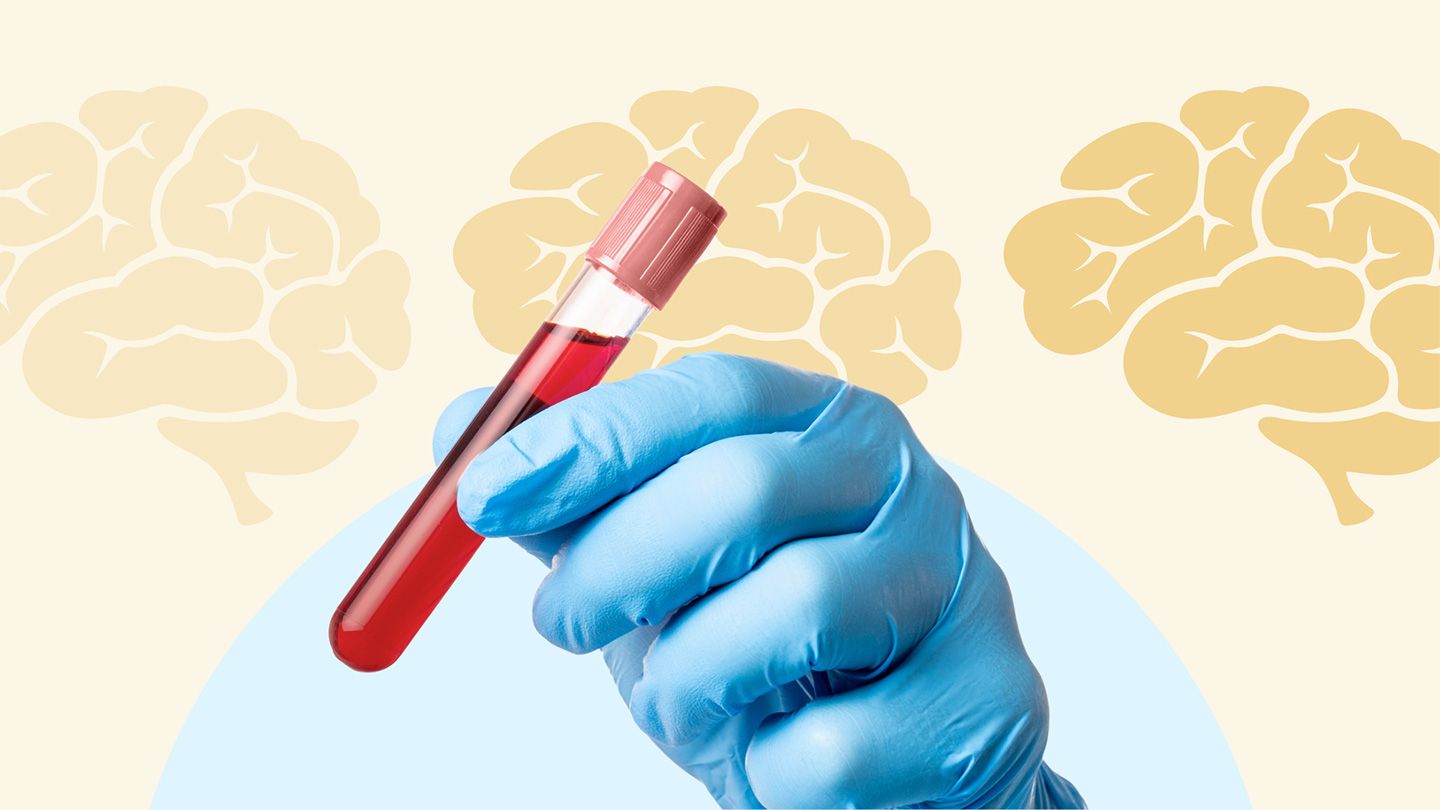“Our data show that a simple metabolic marker available in every hospital laboratory can help identify more vulnerable subjects who may be suitable candidates for targeted therapy or specific intervention strategies.”
The Link Between Diabetes and Alzheimer’s Disease
A growing body of evidence suggests that insulin resistance may also contribute to Alzheimer’s disease.
The new research, presented this month at the European Academy of Neurology (EAN) Congress 2025 in Helsinki, Finland, found that a simple blood test for triglyceride (a type of fat in the blood) and glucose (blood sugar) — called the triglyceride-glucose (TyG) index — can identify people with early Alzheimer’s who are 4 times more likely to experience rapid cognitive decline. The study has not yet been published in a medical journal or gone through independent peer review.
A Simple Blood Test May Predict Memory Loss Trajectory
For the analysis, neurologists reviewed the medical records of 315 adults with cognitive deficits but without diabetes. About two-thirds of participants had Alzheimer’s disease (diagnosed via spinal tap); this group was nearly 80 percent male and 71 years old on average. The rest had other neurodegenerative conditions, and were 60 percent male and 69 years old on average.
All participants had their blood measured with the triglyceride-glucose index test, and were followed for three years.
When researchers divided participants according to their bloodwork results, those with the highest triglyceride-glucose measures were more than 4 times as likely to experience rapid cognitive decline, defined as a loss of more than 2.5 points per year on the Mini Mental State Examination. (The test measures memory loss by asking questions like “What year is it?” “Where are we?” and “Can you repeat the names of these three objects?”)
In other words, higher insulin resistance was strongly tied to faster cognitive decline — but only for participants with Alzheimer’s; the same connection wasn’t found for people with other cognitive diseases.
Findings Support Connection Between Insulin Resistance and Brain Health
Howard Fillit, MD, a cofounder and the chief scientific officer for the Alzheimer’s Drug Discovery Foundation, says the research contributes to previous scientific investigations linking Alzheimer’s disease with insulin resistance.
He notes, however, that the results were limited, based on a relatively small number of participants and determined using previously recorded data and statistical analysis.
“The findings are very interesting, but they are preliminary, and need to be replicated in a much larger group of people,” he says.
Although the study authors say the triglyceride-glucose index test is both low-cost and widely available, Dr. Fillit, who was not involved in the study, said it’s not the most common method for measuring insulin resistance.
Courtney Kloske, PhD, director of scientific engagement for the Alzheimer’s Association, still emphasizes the importance of the results. “While the findings are still preliminary, they suggest the potential for biomarkers that could help identify these individuals,” says Dr. Kloske, who was not involved in the study.
Alzheimer’s and Diabetes Overlap, but They’re Not the Same, Experts Stress
Kloske says insulin dysfunction in the brain and Alzheimer’s are not equivalent to diabetes.
“Understanding the overlap between the diseases, however, will help researchers develop new treatments for Alzheimer’s, separate from diabetes interventions,” she says.
The treatments that help diabetes — including medications to improve insulin resistance, regular exercise, losing weight, and eating a healthy diet — may very well slow Alzheimer’s progression as well, says Fillit.
“Anything that helps your metabolism may have the potential to reduce Alzheimer’s risks,” he adds.
Read the full article here




